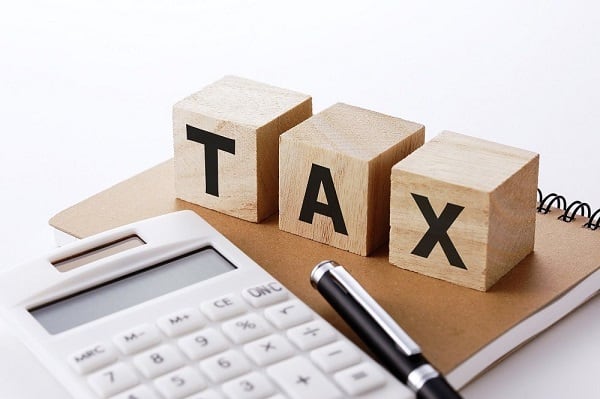ISLAMABAD: In a comprehensive set of proposals submitted to Deputy Prime Minister Ishaq Dar and Finance Minister Muhammad Aurangzeb, tax advisory firm Tola Associates has recommended scrapping the failed Tajir Dost scheme and instead imposing a 1% minimum income tax on all traders to ensure equitable tax collection.
The firm highlighted that the scheme, launched last year with an ambitious target of Rs50 billion, had only collected a meagre Rs4 million, according to an International Monetary Fund (IMF) staff-level report. In contrast, the salaried class contributed a hefty Rs437 billion in income tax during the first 10 months of the current fiscal year.
To curb tax evasion and reduce the size of the informal economy, the firm proposed that cash transactions at retail and food outlets be capped between Rs5,000 and Rs10,000, making electronic payments mandatory. However, it acknowledged the Federal Board of Revenue’s (FBR) limited enforcement capacity to implement such a restriction.
Tola Associates further recommended that the upcoming 2025–26 federal budget avoid currency devaluation and instead focus on strengthening the rupee through import substitution, local manufacturing, energy independence, and increased domestic value addition. The firm stressed that economic stability hinges on a stable exchange rate and targeted inflation.
According to the firm’s estimates, if the current account deficit remains at 0.5% of GDP, the exchange rate should stabilise around Rs276 per dollar. However, it cautioned that the rupee could weaken to Rs290–295 in the next fiscal year, resulting in an inflationary impact of up to 3%. The government has already framed the budget using an assumed exchange rate of Rs290 per dollar.
Tola also suggested policies for export-led growth, including rationalising industrial interest rates, maintaining a balanced tariff regime on raw materials, and establishing export-oriented industrial clusters. It underscored the importance of offering performance-based subsidies in key sectors such as textiles, pharmaceuticals, and engineering to ensure long-term sustainability.
To promote industrial expansion, the firm called for a further cut in the policy rate, currently at 11%, and urged the government to introduce zero-markup loan schemes for capital-intensive manufacturing. These concessional loans, it argued, would help revive idle capacity, generate employment, and improve competitiveness.
Looking ahead to the next fiscal year, Tola Associates expressed doubt over the FBR’s ability to achieve the ambitious Rs14.1 trillion tax target, projecting actual collections at around Rs13.5 trillion. For the current year, it expects tax revenue to fall short of the original target of Rs12.9 trillion, ending at Rs11.9 trillion, unless favourable court outcomes in super tax cases push collections to Rs12.1 trillion.
Among other fiscal suggestions, the firm recommended the imposition of an advance tax on undistributed reserves of companies that have failed to issue dividends for three consecutive years. It proposed a rate of 7.5% for unlisted firms and 5% for listed companies, with adjustments allowed against future dividend tax liabilities.
Tola Associates also advocated updating Pakistan’s definition of tax residency to reflect actual economic presence. Under its proposed framework, individuals spending 182 days or more in Pakistan in a financial year would be considered residents.
Those staying 120–181 days would be assessed on their income and citizenship status, potentially qualifying as “Resident but Not Ordinarily Resident (RNOR).” Those present for fewer than 120 days would be treated as non-residents, regardless of nationality or income level.
These recommendations come as Pakistan prepares its federal budget and negotiates critical fiscal reforms under IMF guidance.




